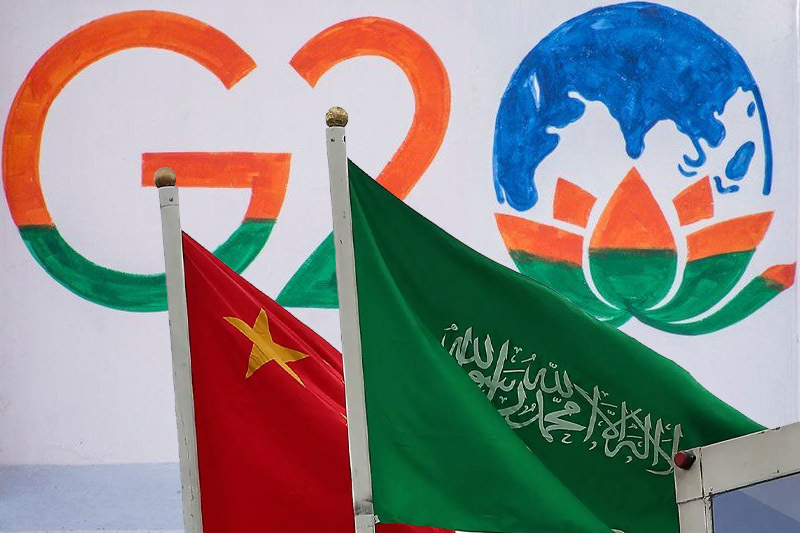
G20 Summit in Kashmir: China and Saudi Arabia withdraw
Saudi Arabia has joined a growing list of nations that have withdrawn from a G20 summit being held in Indian-controlled Kashmir, in what will likely be seen as a botched diplomatic effort to normalize its control over the disputed region.
The event, which started on Monday and is anticipated to end on Wednesday, has also received the support of China and Turkey. According to several reports, Egypt and Indonesia were also anticipated to skip the summit.
Indian authorities promoted the summit as a chance to highlight changes that have occurred in the area since Delhi removed Kashmir from its semi-autonomous status and imposed a central government on the site.
The summit in Kashmir, which will focus on tourism and is the first international gathering to take place in the area since 2019, is one of several events that India, the current chair of the intergovernmental forum, will host in 2023.
Since the events of August 2019, the Indian government has launched a historically fierce campaign against the region’s media and civil society, rounding up activists and politicians and placing them in jail or on no-fly lists.
The decision to host a conference on sustainable tourism and the environment in an area with hundreds of thousands of troops present has been criticized by several international activists and academics as being hypocritical.
Keep Reading
Hosting the G20 in Kashmir would “unwittingly provide a veneer of support to a facade of normalcy,” according to Fernand de Varennes, the UN’s special rapporteur on minority issues, at a time when human rights abuses, political persecution, and wrongful arrests are on the rise in Kashmir.
India criticized him for his remarks and added that Delhi had the right to host G20 summits anywhere in the nation.
According to Harsh Vardhan Shringla, the chief coordinator for India’s G20 presidency, “We have the highest representation from foreign delegations for the tourism working group meeting in Srinagar than we have had in the previous working group meetings.”
India has been promoting tourism in Kashmir as a means of fostering peace and revitalizing the local economy.
In Kashmir, agriculture is still the mainstay of the economy, while tourism makes up about 7%.
Climate activist Nazish Qureshi wrote on Monday in The Nation, “By hosting G20 meetings in the contested territory, India not only legitimizes and advances its occupation but also shamelessly perpetuates the exploitation of the region’s abundant natural resources, putting its delicate ecology in jeopardy.”
Widespread deforestation, accelerated glacier melting, increased incidences of flash floods, landslides, and earthquakes, as well as increased water, air, and land pollution, including toxic hazardous waste, are already apparent effects of India’s actions in the area, according to Qureshi.
The Indian government has also passed several new laws regarding land ownership and residency rights over the past two years, which has increased concerns that Delhi may manipulate the region’s demographics to suppress calls for freedom or self-determination.
A senior Indian diplomat predicted that Delhi would try to imitate the Israeli approach in Kashmir in 2019.
The Indian government’s “repressive policies and failure to investigate and prosecute alleged security force abuses have increased insecurity among Kashmiris,” according to a report by Human Rights Watch published in 2022.




